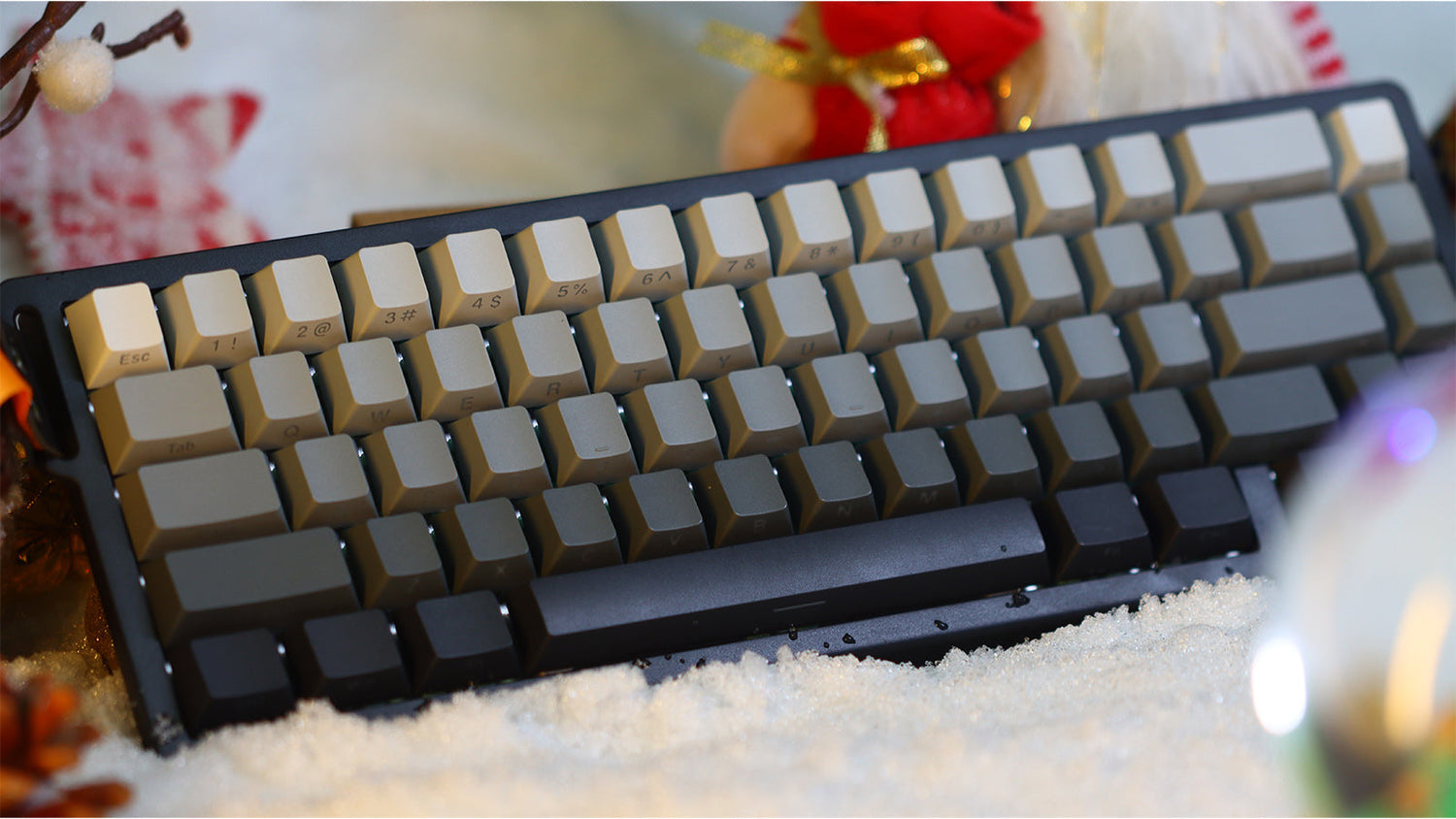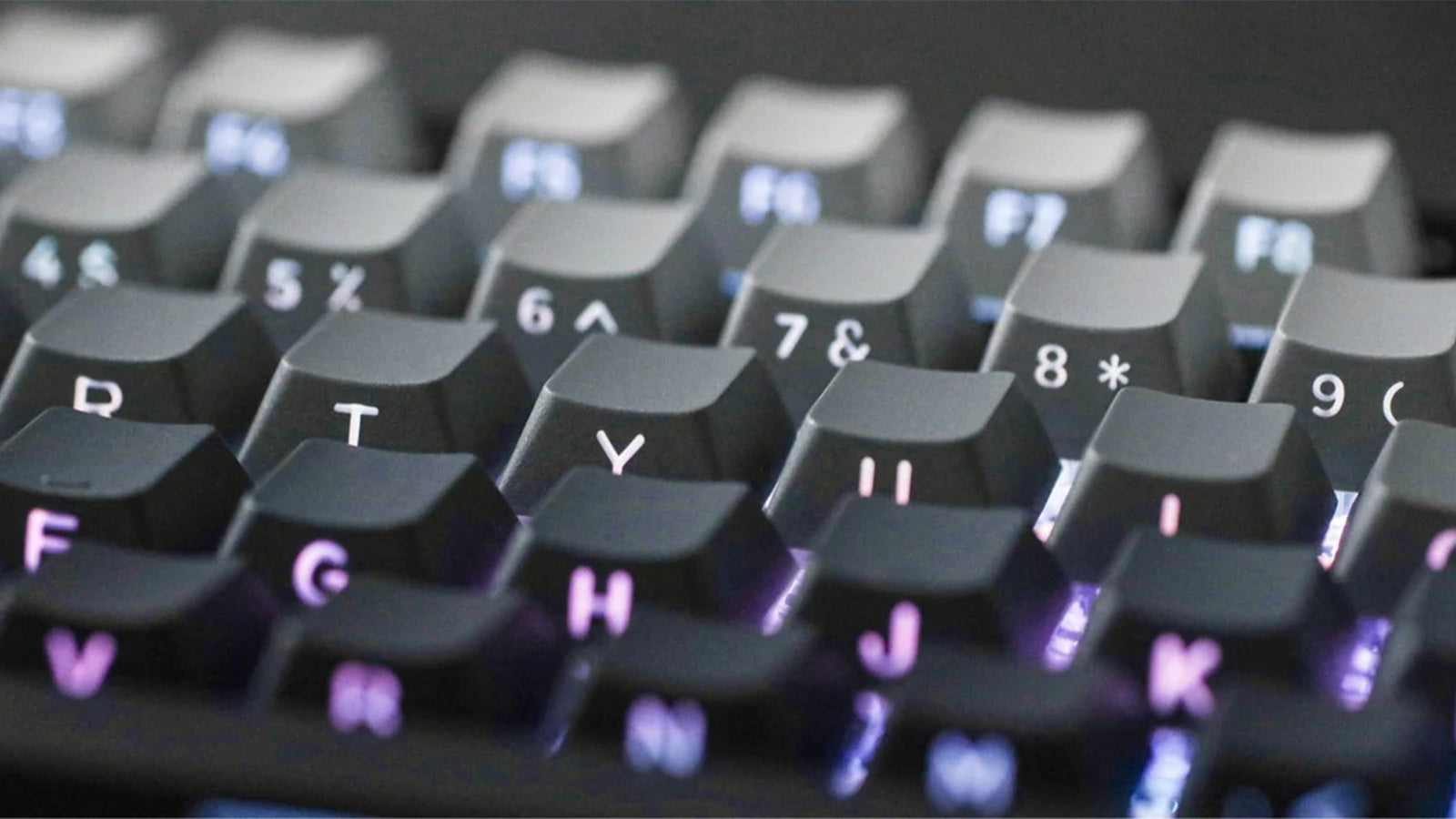Like technology, keyboards are always evolving. Modern inventions challenging conventional typing experiences are magnetic keyboards. Are they, however, really a breakthrough technology or merely another passing fad? This all-inclusive guide will cover magnetic keyboards, distinguishing reality from myth and enabling you to decide whether they meet your requirements.

What Are Magnetic Keyboards?
Definition and Innovation
Not only another gadget, magnetic keyboards represent a technological breakthrough in input devices. Magnetic keyboards detect key presses using Hall effect sensors rather than conventional mechanical keyboards depending on physical connections and springs. This creative approach lets typing and gaming experiences have hitherto unheard-of accuracy and customization.
The fundamental difference is in how these keyboards detect keystrokes. Traditional mechanical switches depend on physical contact points, which can wear out over time. But magnetic switches offer more consistent performance by detecting keystrokes using magnetic fields, therefore avoiding physical wear.
Key Features
The amazing flexibility of magnetic keyboards distinguishes them. Actuation points let users vary the depth to which a key must be pressed to record a stroke. This feature will be groundbreaking for both typeists looking for a more customized typing experience and gamers looking for lightning-fast reactions.
Other standout features include:
- Virtually silent operation
- Increased durability (no physical contact points to wear out)
- Precise and consistent key registration
- Extensive customization options

Common Misconceptions and Facts of Magnetic Keyboards
Misconception 1: Magnetic Keyboards Are Just a Gimmick
Far from being a marketing ploy, magnetic keyboards represent a genuine technological advancement. Professional gamers and tech enthusiasts have increasingly adopted these keyboards, praising their responsiveness and reliability.
Real-world testing has shown that magnetic keyboards offer tangible benefits. Competitive gamers report more consistent key presses, while programmers appreciate the customizable actuation points that can reduce typing fatigue.
Misconception 2: They Are Unreliable
This couldn't be further from the truth. Magnetic keyboards undergo rigorous testing to ensure consistent performance. The absence of physical contact points actually makes them more reliable in the long term. Traditional mechanical switches wear down over time, while magnetic switches maintain their performance consistently.
Misconception 3: Limited Customization
Modern magnetic keyboards offer extensive customization options. Advanced software allows users to:
- Remap keys
- Create complex macros
- Customize RGB lighting
- Adjust actuation points
- Create multiple typing profiles

Comparison of Magnetic Keyboards vs. Mechanical and Membrane Keyboards
Based on several aspects, here is a table contrasting magnetic keyboards with mechanical and membrane keyboards.
|
Aspect |
Magnetic Keyboards |
Mechanical Keyboards |
Membrane Keyboards |
|
Key Registration |
Highly precise, allowing for quick and accurate inputs. |
Precise but can vary based on the type of switches used. |
Less precise due to rubber dome actuation. |
|
Noise Levels |
Significantly reduced noise, making them quieter. |
Generally louder, producing distinctive click or clack sounds. |
Quiet operation, although not as responsive. |
|
Durability & Longevity |
Excellent durability, with longer lifespan than standard. |
Durable, but some switch types may wear out over time. |
Less durable, as keys can become mushy and unresponsive faster. |
|
Customization Potential |
High level of customization in typing feel and actuation points. |
Customization varies, often requires physical switch changes. |
Limited customization; mainly basic keyboard settings. |
|
Construction Quality |
Robust construction suitable for intense use. |
Solid construction, though variability in design and materials. |
Generally lower quality materials compared to others. |
|
Typing Experience |
Smooth and responsive, offering superior tactile feedback. |
Tactile feedback is strong, but experience can vary by switch type. |
Generally less satisfying due to the spongy feel. |
|
Overall Performance |
Superior performance with enhanced features and control. |
Reliable with consistent performance across models. |
Functional for basic use but lacks advanced features. |
Who Should Consider Magnetic Keyboards?
Ideal User Profiles
- Gamers: The precise actuation and customizable features make magnetic keyboards a dream for competitive gaming.
- Programmers and Writers: Customizable key sensitivity can reduce typing fatigue and improve overall comfort.
- Tech Enthusiasts: Those who love cutting-edge technology will appreciate the innovative design.
When Magnetic Keyboards Might Not Be Ideal
- Tight budget constraints
- Minimal computer usage
- Preference for traditional typing experiences
How to Make an Informed Keyboard Decision
Evaluate Personal Needs
Ask yourself:
- How much do I type or game?
- Do I value customization?
- Am I willing to invest in a premium typing experience?
- What's my budget for a keyboard?
Try Before Buying
While online research is valuable, nothing beats hands-on experience. Look for:
- In-store demonstrations
- Detailed video reviews
- Keyboards with favorable return policies
- Opportunities to test different models
Conclusion
A window into the input device of the future is magnetic keyboards. They have hitherto unheard-of durability, adaptability, and accuracy. Still, they are not a universal fix.
The secret is to match your particular requirement to the technology. A magnetic keyboard will be a revolutionary improvement for some. For some, it could be a pointless outlay of money. Knowing their special qualities and possible advantages will help you to make a wise choice, improving your computer experience.






Leave a comment
This site is protected by hCaptcha and the hCaptcha Privacy Policy and Terms of Service apply.